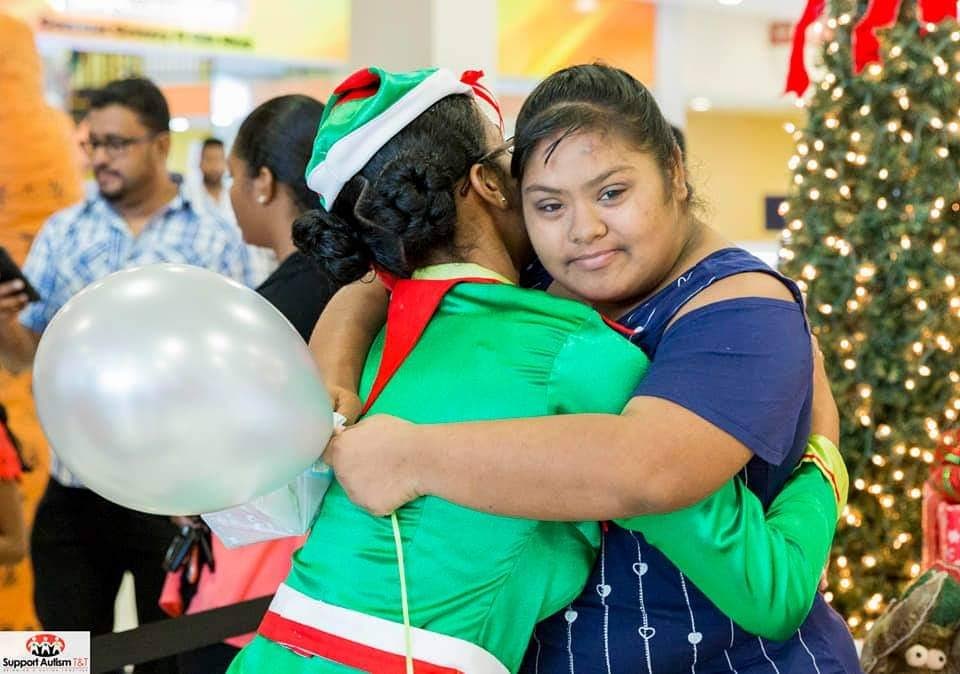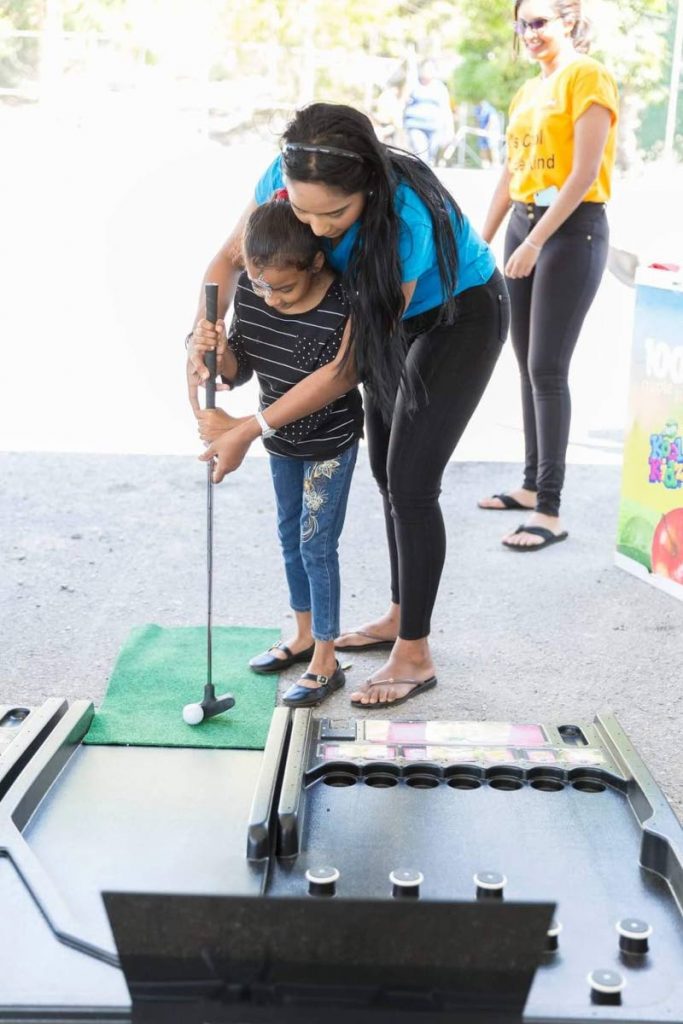Protecting people with special needs

DR RADICA MAHASE
LAST week there was national outcry against the prevalence of violence in TT. There has been a rise in domestic abuse, abductions, rapes, murders of women and the tipping-point came with the death of 23-year-old Andrea Bharatt. Citizens took to the streets to hold various forms of peaceful protests – walks, candlelight vigils, motorcades and so on. In the midst of all this there was another incident where a 24-year-old woman, with an intellectual disability, was raped by a relative.
This is not the first time that an individual with special needs has been a victim of crime in our country. While the statistics don’t specify how many people with special needs are victims of crime in TT, one of the biggest fears of parents and caregivers is protecting their children from abuse. According to the proceedings of a 2001 workshop published by the National Academies of Sciences, Engineering, and Medicine, “People with disabilities may be particularly vulnerable to crimes involving interpersonal violence, such as physical or sexual assault, because as a population – regardless of age or gender – they are often the least able to recognise danger, the least able to protect themselves, and the least able to obtain assistance within the criminal justice system.”
Also, people with disabilities often do not know how to protect themselves, how to avoid being victimised and how to seek help. They might be totally dependent on their caregivers and this can leave them more vulnerable to abuse.
It is especially difficult to get some individuals with special needs to understand risk, to understand abuse, to understand violence and to let someone know if something happens. According to one parent Joan, “My daughter is 25 years old; she was diagnosed with severe autism when she was younger and she doesn’t speak. She doesn’t understand danger and will walk out in the road and might go with someone if they talk to her nicely. So, we are extremely careful and make sure that someone is always with her because we know that she is not aware of what is dangerous. We worry about her all the time.”
Most parents, like Joan, are always trying to protect their special-needs children. Here are some suggestions from one parent, that you can continue to practise, to help protect your special ones:
“First, always know where your child is and what he/she is doing when at home or somewhere else. Feel free to drop into your child’s school without prior notice, just to see what is going on. My child attends a private school and I come up with excuses to just drop in once in a while, without the teachers expecting me. I will take a snack or something that she ‘forgot’ just to see how she’s doing. I was told that I am intruding on the teachers but from my side, I will do what I need to keep my child safe.

One of the biggest fears of parents is how to protect their special needs children.
- Sataish Rampersad
"Also, get to know the people who take care of your child. Only leave your child with someone you know and who can take care of your child in a place where your child will be safe from harm and danger. I work full-time so I took my child to a babysitter but I kept seeing bruises on my child’s arms. My child doesn’t talk so when I asked her, I didn’t get any reply. So, I started to make friends with the other children parents and went out of my way to talk to them. One mentioned that her daughter said how Miss always roughs up my daughter and sometimes hit her. I went in that school and made such a big stink; I told all the parents about the situation until eventually the school closed down because everybody heard about the incident and was afraid to send their children there.
"After that I paid a relative to take care of my daughter and I would pass home whenever, without letting her know, to see how things were going. Once I found the relative shouting at my child. I had to get rid of her and eventually found someone who is really patient and good with my daughter. Everyone tells me how I am over-protective and paranoid when it comes to my daughter but I have no intention of being anything else.
"As a parent, it is challenging to maintain your child’s safety in a world filled with violence but keep being vigilant; don’t trust anyone easily; keep talking to your children and explaining to them about good and bad touch, about dangers. You never know what they will understand. Keep talking to them about the people around them, about what they did and who make them happy. Even if they don’t reply verbally, don’t stop talking to them; keep checking for mood changes, as parents just keep being close to your child. They have you and that’s the best protection they can ask for.”
Dr Radica Mahase is the founder/director of Support Autism T&T


Comments
"Protecting people with special needs"